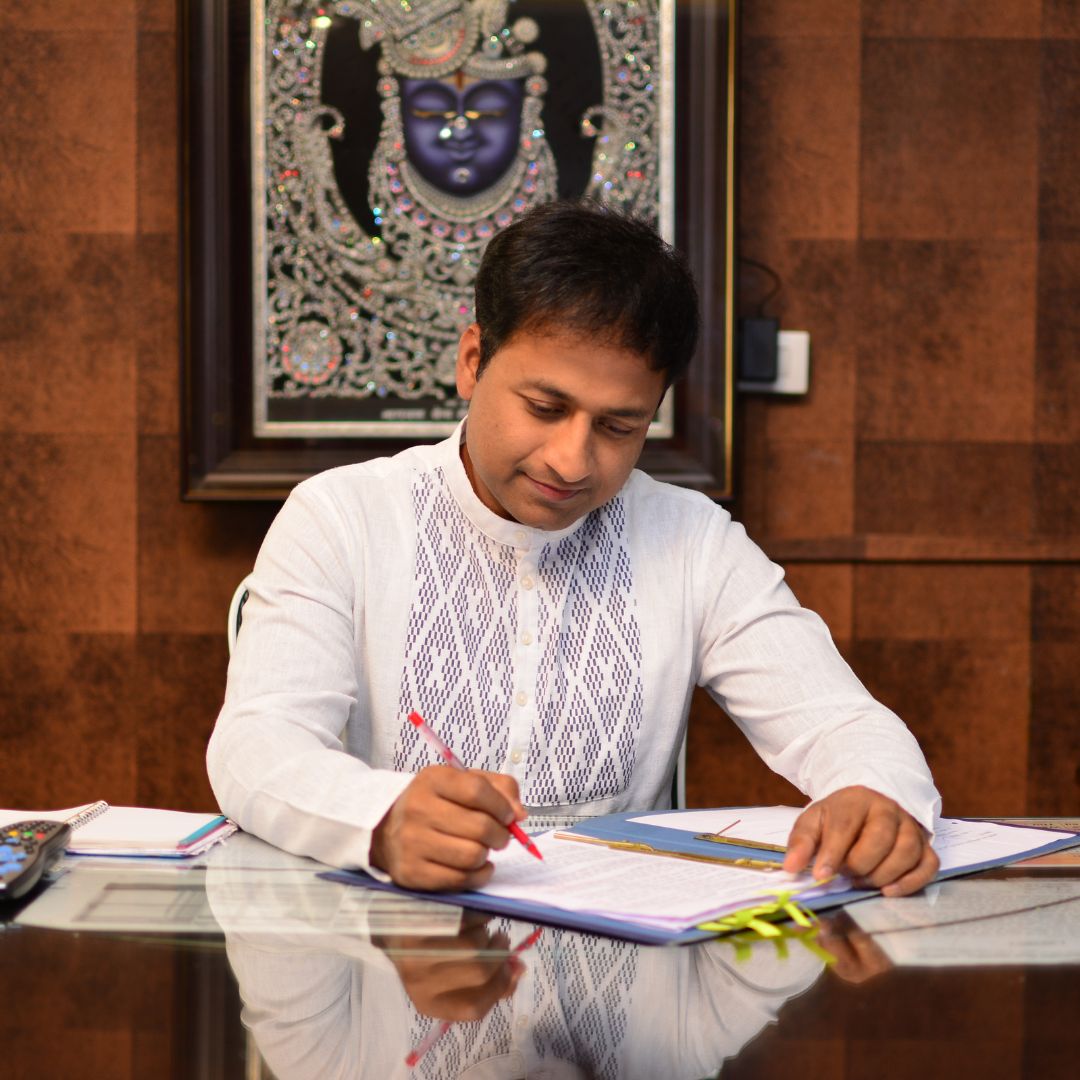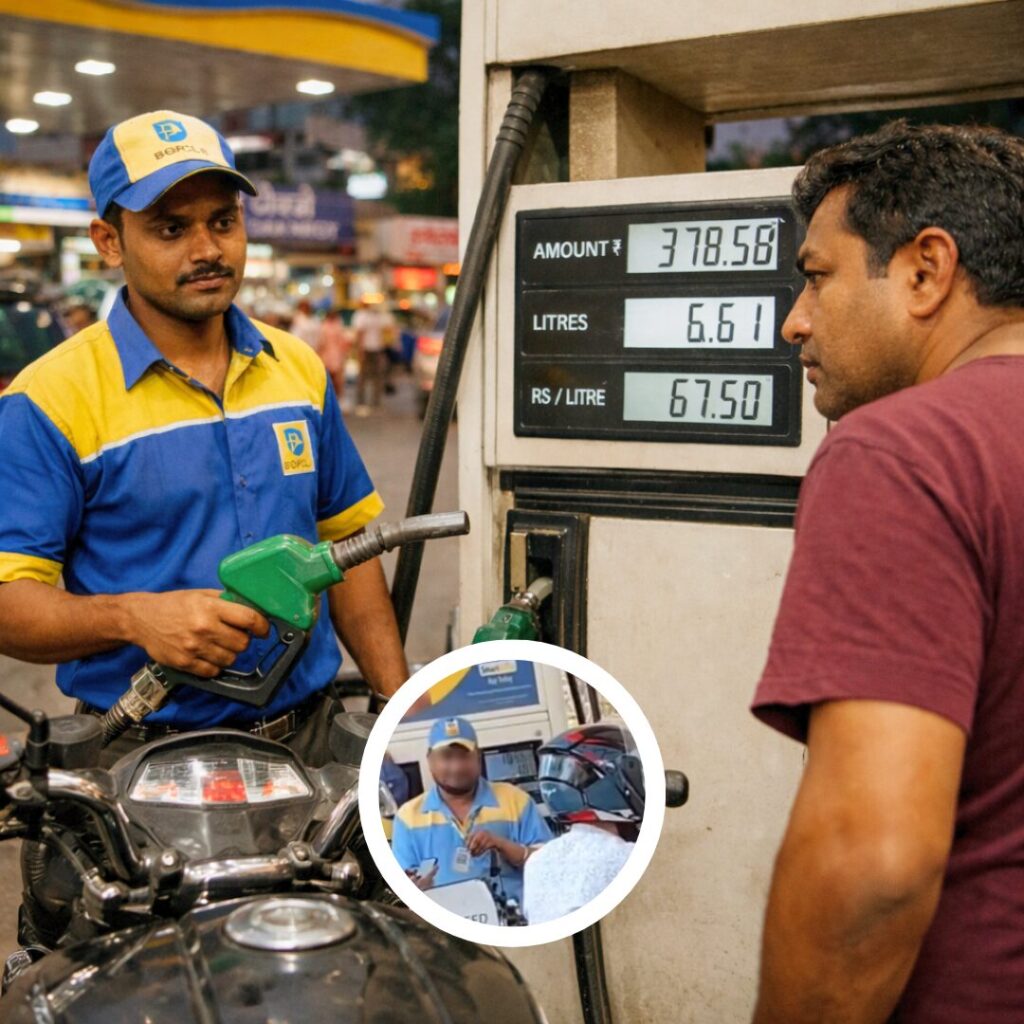According to a 2011 World Health Organization (WHO) study, over 1.3 billion people nearly 16% of the global population, live with some form of disability. Yet, despite constitutional safeguards and numerous welfare schemes, Persons with Disabilities (PwDs) continue to face entrenched barriers in education, employment, and social participation. This systemic exclusion not only curtails individual aspirations and opportunities but also sidelines a vast reservoir of human potential, leaving a significant portion of talent and creativity untapped within the global economy.
The International Labour Organization (ILO) highlights that globally, the unemployment rate among PwDs is double that of non-disabled persons. In India, the employment rate of PwDs is a mere 34%, compared to 60% for the general population (ILO, 2021). These statistics reflect not just inequality but an enormous untapped potential. Skill development provides the bridge to overcome these challenges. By equipping PwDs with market-relevant, accessible, and adaptable skills, societies can transform disability from a perceived limitation into an asset.
Why Skill Development Matters
A 2018 World Bank study found that PwDs who receive vocational training are 2.5 times more likely to be employed than those without training. Employment is a gateway to social acceptance. Additionally, a 2022 study by UNESCO emphasizes that participation in training programs builds self-esteem and enhances leadership capacity among PwDs, particularly women. With rapid technological advancements, demand for new-age skills in IT, digital design, and data services is rising. The National Skill Development Corporation (NSDC) has identified over 40 emerging job roles that can be effectively performed by PwDs with minimal accommodation.
Real-Life Examples Driving Change in India
India has been leading initiatives to show the role of skill-building for PwDs, with training developed to accommodate all forms of disabilities.
1. Skill development centers in which vocational training is offered free of charge in areas such as computer literacy, tailoring, and mobile repairing. The training is adapted with accessible workstations for the physically disabled and visual aids for the hearing impaired. Thousands of candidates have been trained and skilled; mostly NIDPs are being placed in jobs or assisted to do self-employment by providing toolkits or sewing machines for use after training.
2. Programs for employability impart skills to tens of thousands of PwDs, including communication, retail, and others. It is imparted in a customized form bearing in mind the simple modules of intellectually disabling and accessible format for sensory disabling.
3. Special training programs for adults with intellectual disabilities that combine vocational training with personal development. Vocational training covers grooming, hygiene, household and financial management, social skills, and job readiness, empowering graduates with independence and sustainable employment.
From Training to Employment
Skill development is critical for enabling PWD to participate in the workforce on equal terms. It not only enhances technical and vocational abilities but also builds confidence, fosters independence, and promotes social integration.
Government initiatives such as the Skill Council for Persons with Disability (SCPwD) under the Ministry of Skill Development and Entrepreneurship have been established to develop industry-relevant curriculum and certification. NGOs and private organizations also partner to provide customized training in sectors like IT services, hospitality, manufacturing, e-commerce, and customer care.
For PWD, tailored training programs address specific needs, such as adaptive technologies for those with visual or hearing impairments or flexible learning environments for individuals with mobility challenges. These programs empower PWD to acquire marketable skills, making them competitive in diverse industries.
A 2019 NITI Aayog study highlighted that only 3% of India’s training centers are fully accessible to PwDs, underlining a huge gap. The Rights of Persons with Disabilities Act (2016) mandates 4% reservation in government jobs for PwDs, but the actual filling of these posts remains below 60% (Department of Empowerment of PwDs, 2022). Research by the Harvard Business Review (2020) shows that mentorship improves job retention for PwDs by up to 25%, emphasizing the need for industry engagement beyond training.
Moreover, skill development aligns with global frameworks like the United Nations Convention on the Rights of Persons with Disabilities (UNCRPD), which emphasizes equal access to education, training, and employment. By focusing on skills that match market demands, training programs ensure that PWD are not only employable but also capable of thriving in their chosen fields.
The Road Ahead
Disability empowerment must shift from sympathy to strategy. By positioning skill development at the core, we create pathways for PwDs to thrive as equal participants in economic growth. As per a World Bank report, excluding PwDs from the workforce costs nations up to 7% of GDP, a loss that inclusive skill development can directly address.
India’s demographic dividend cannot be fully realized unless the talents of all citizens, including persons with disabilities, are harnessed. Skill is dignity. Skill is independence, and for PwDs, skill is empowerment.
Authored by Prashant Agarwal, President, Narayan Seva Sansthan
The views expressed in this article are solely those of the author. The Logical Indian does not endorse or hold any opinion on its content.













